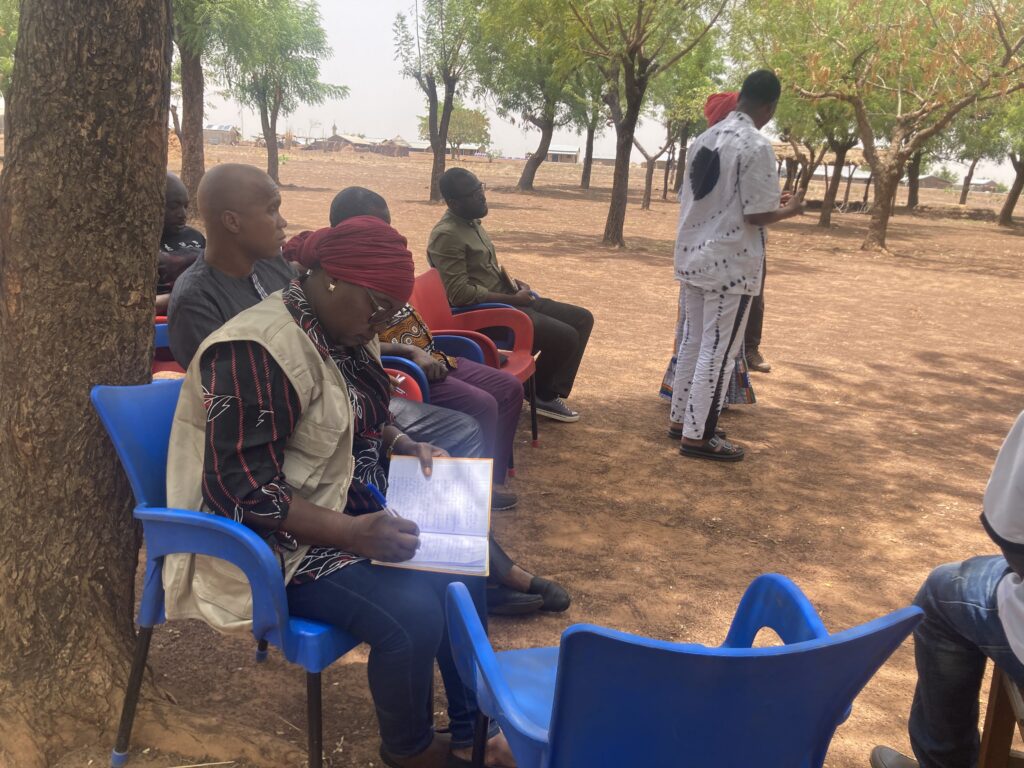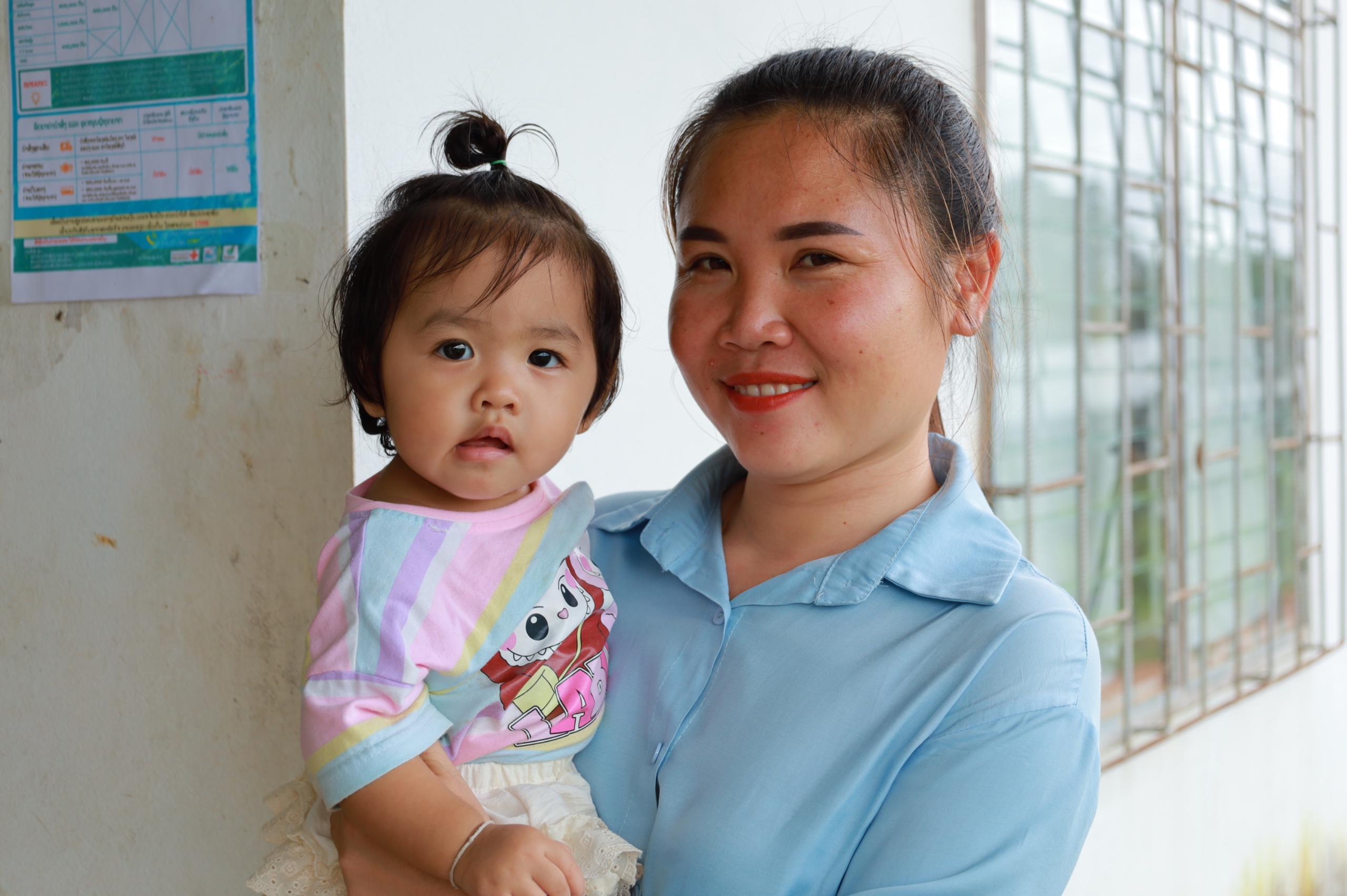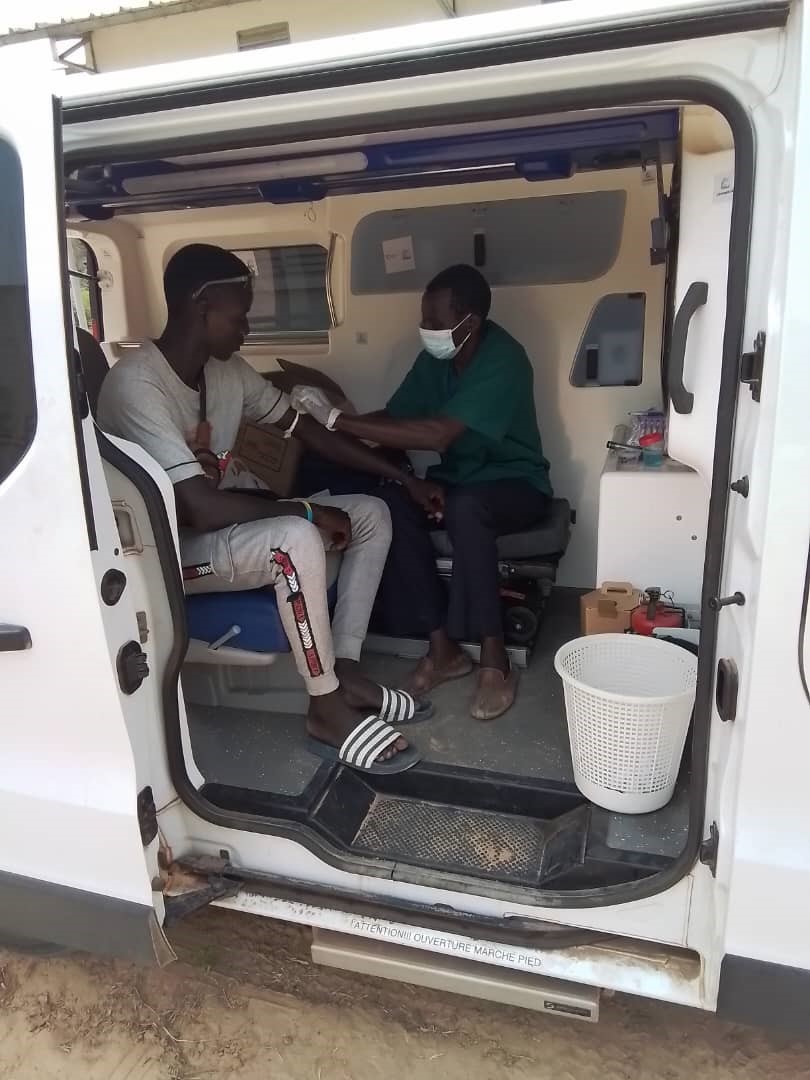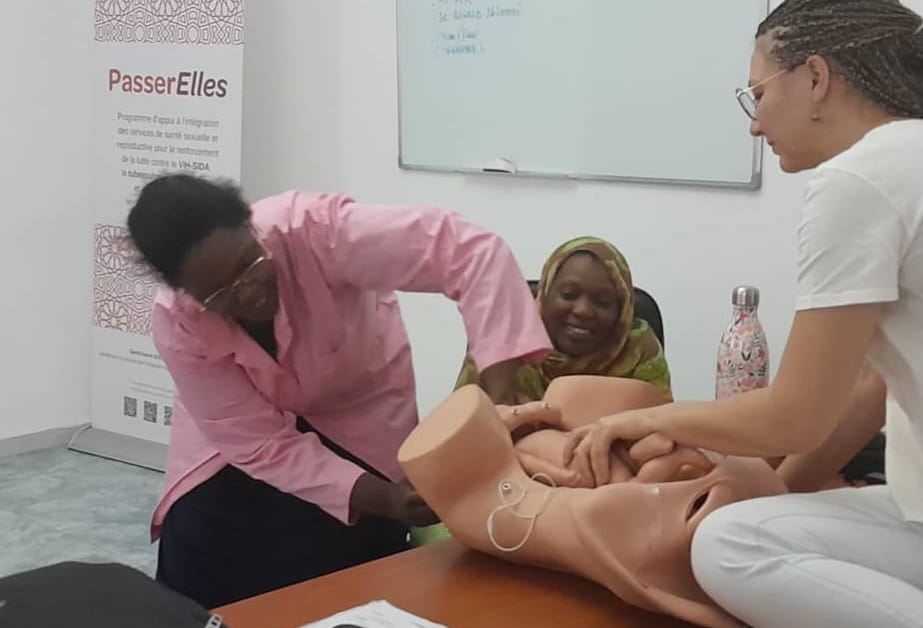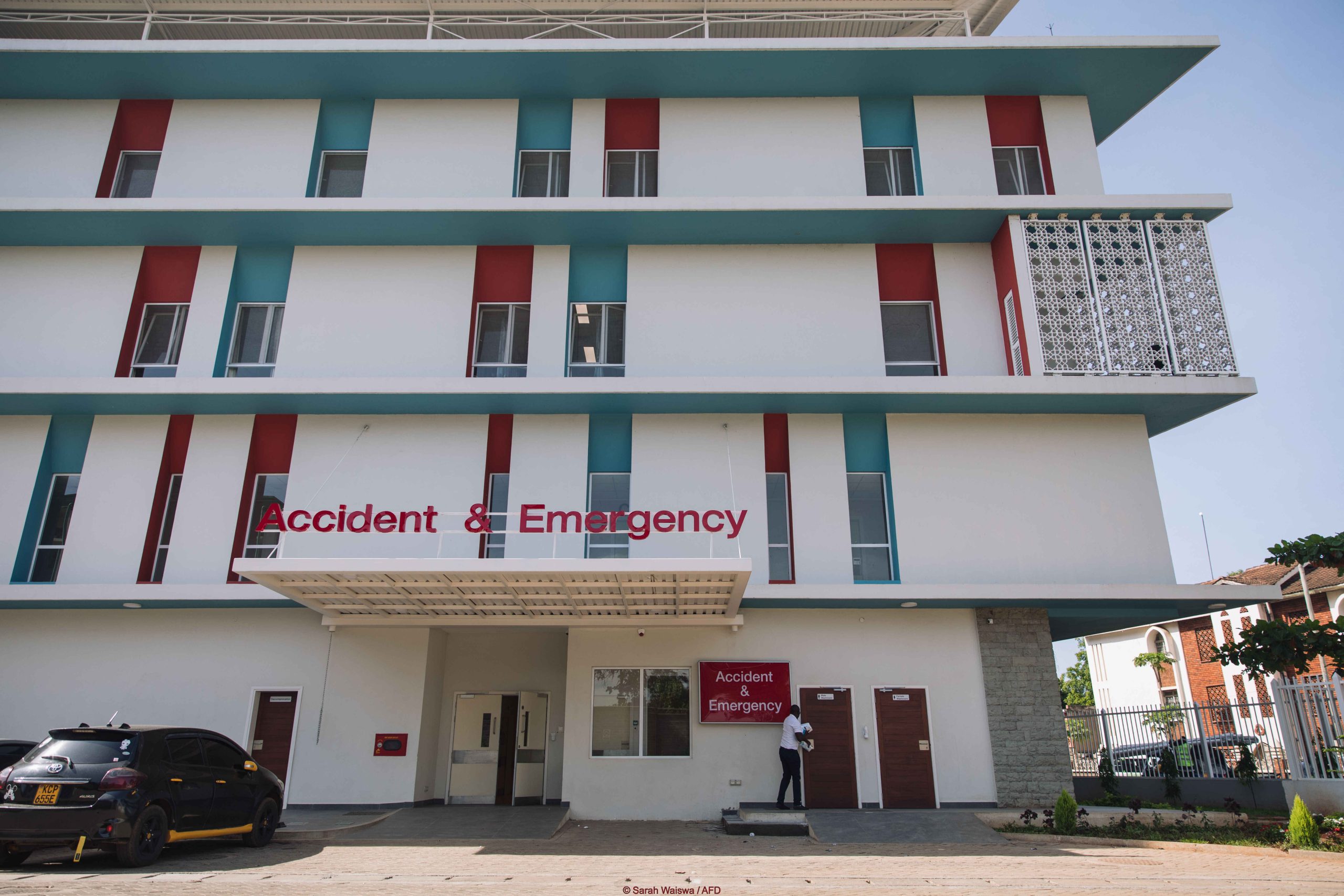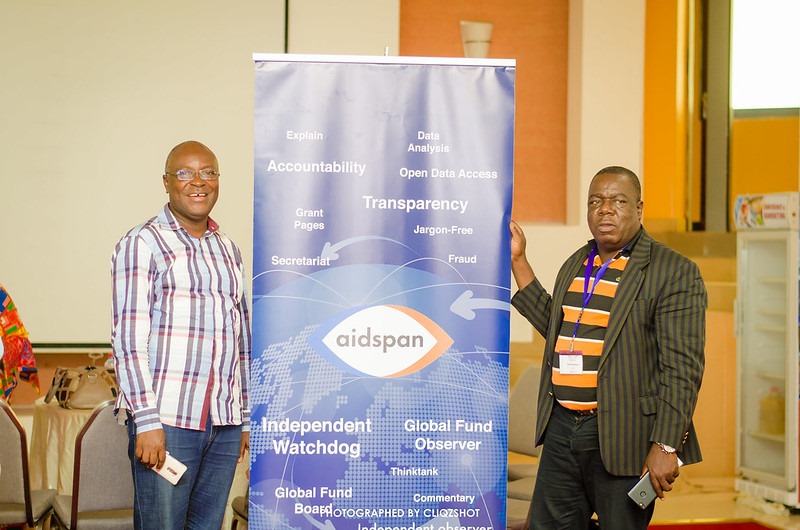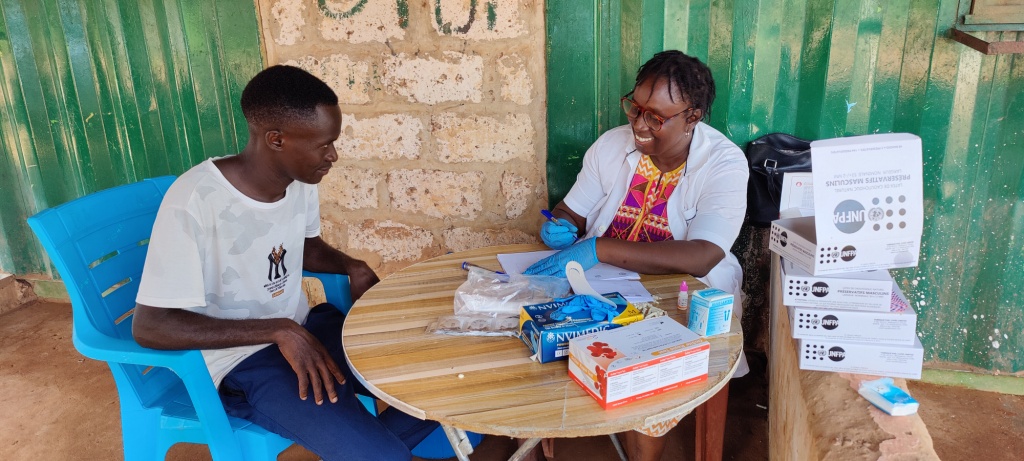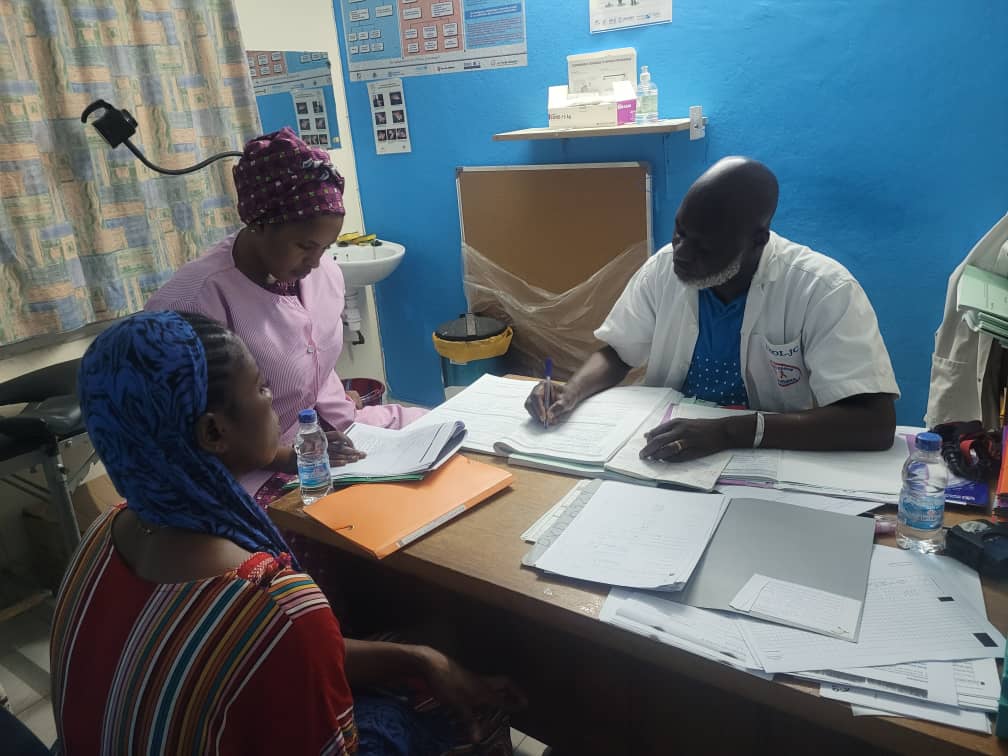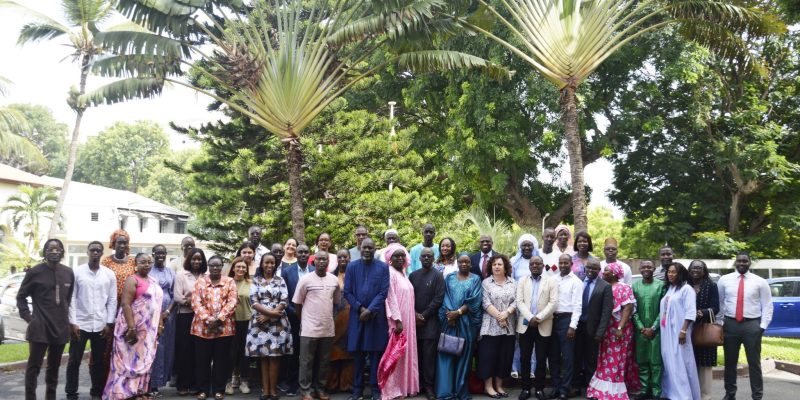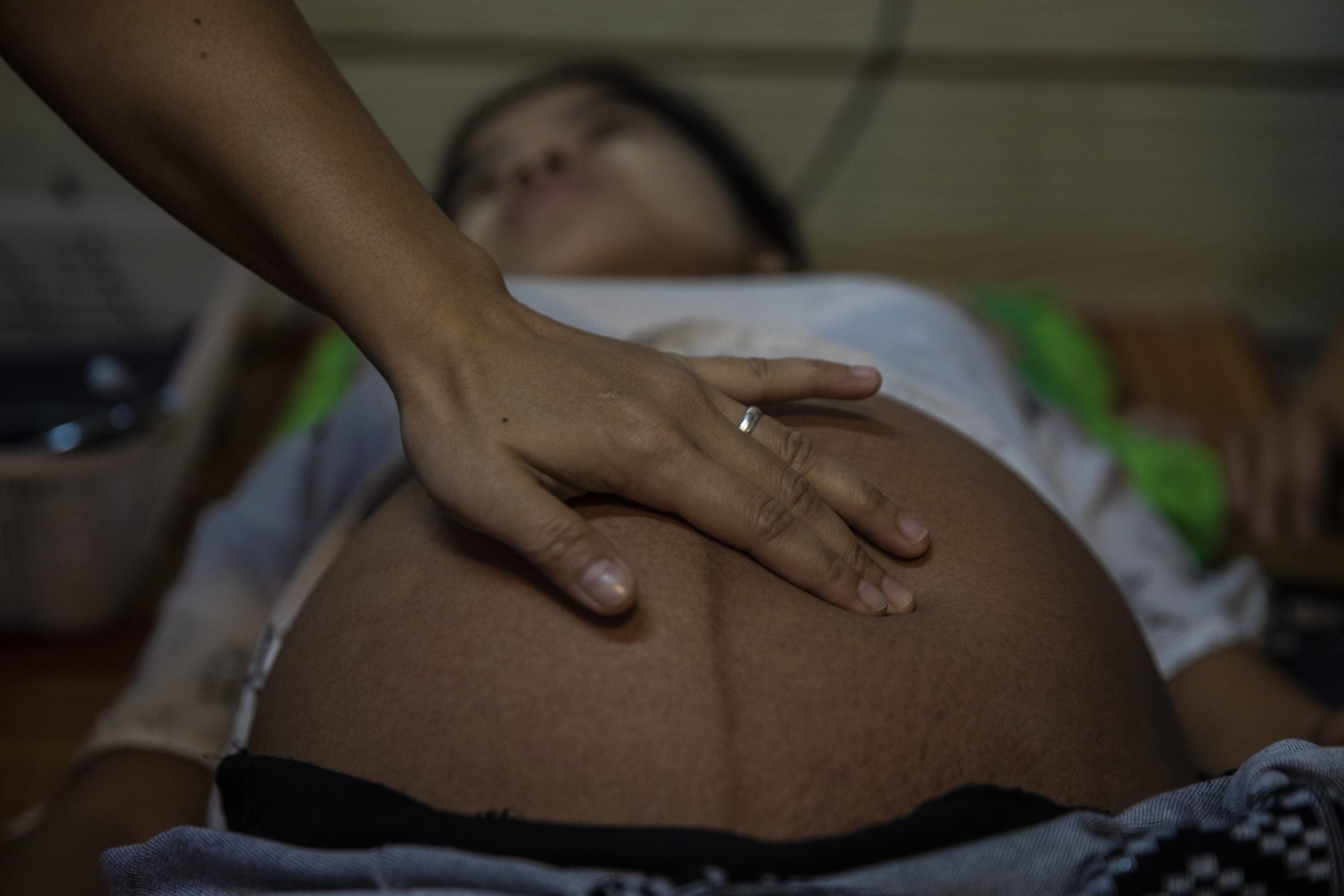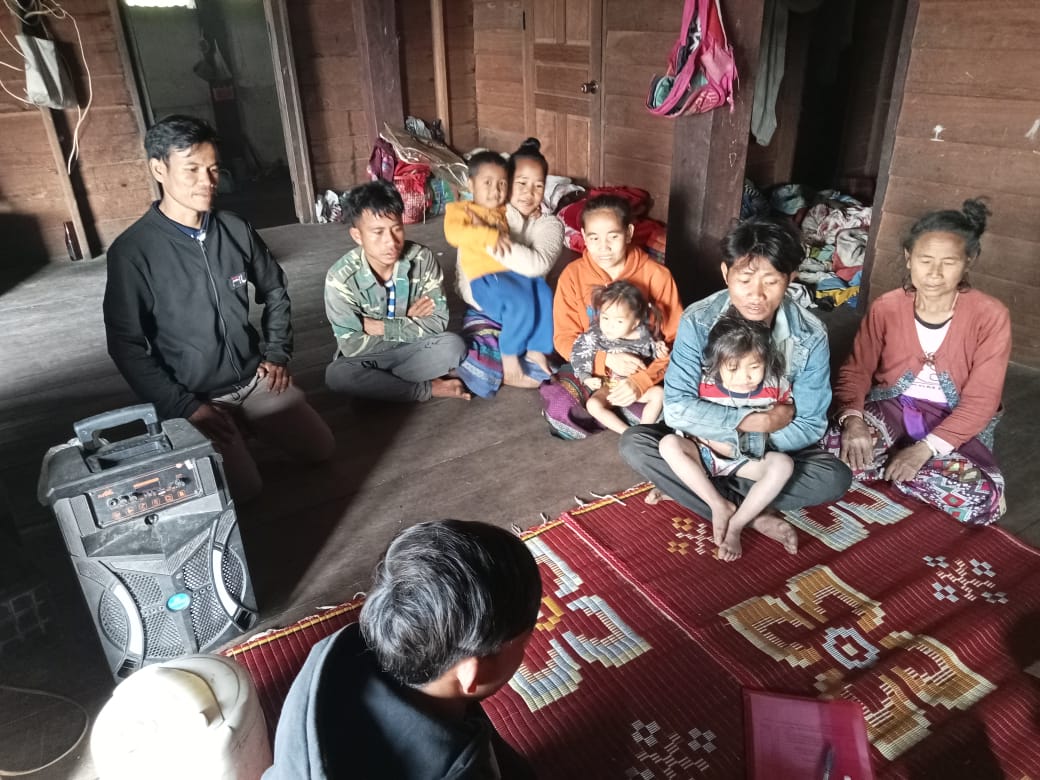This project PROXISANTE, implemented by the PACCI research program, aims to strengthen the integration of HIV/AIDS, malaria, and tuberculosis prevention and care into the community health system in Ivory Coast.
Context
In the Ivorian healthcare system, the majority of expenses are borne by households. As for healthcare infrastructure, it is too little accessible to the population living in rural areas. In these sometimes- isolated regions, communities are highly exposed to the risks associated with the three diseases (HIV/AIDS, malaria, tuberculosis). To address this situation, the decision was made to strengthen access to local services within the communities, often provided by community health workers.
Description
The objective of the project PROXISANTE led by the PACCI program is to integrate the prevention and management of HIV, malaria, and tuberculosis into the community healthcare system, through community health workers. These workers are central to the project: they are involved in prevention, screening, and basic care for these diseases through home visits and community outreach activities. As part of this project, they operate within the health district of Toumodi, with a population of approximately 55,000 residents.
Impact
The PACCI program’s project highlights the importance of community health workers in the prevention and management of all three diseases. The activities conducted by these workers help communities improve their knowledge and ability to identify suspected cases. Additionally, they facilitate access to screening services for rural communities without the need for travel and encourage them to reach out for healthcare professionals. Regarding malaria, community work has led to a reduction in severe cases within targeted households, likely positively impacting infant mortality rates in the region.
